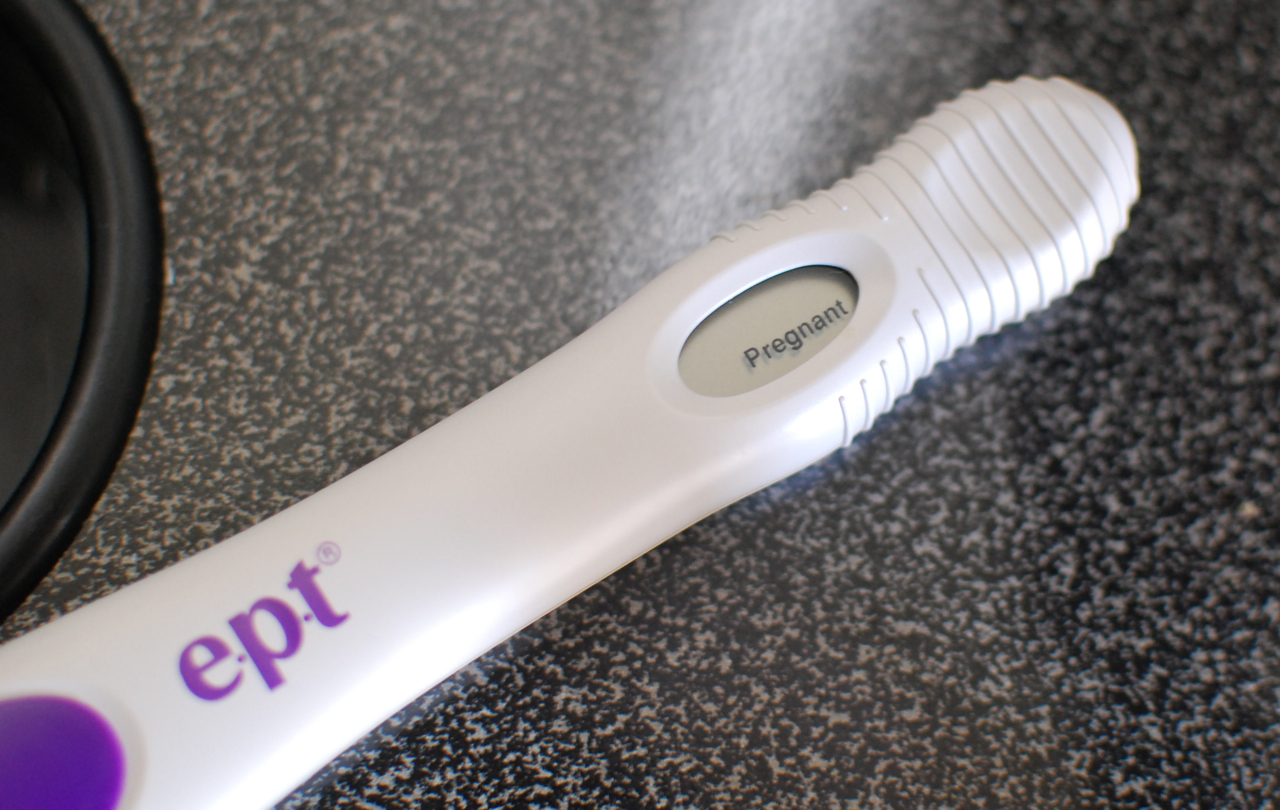We read about the "horrors" of online tracking everyday. We hear about how our privacy is being invaded by "big bad data hungry" online companies and what they could be doing with all that data.
Most consumers don't realize that they are handing over extremely personal information to retailers every time they do shopping. Retailers have jumped on the data analytics bandwagon and are collecting and analyzing this data in the hopes of determining what you want and when you want it.
Target is one such mega retailer that has figured our how to determine you are pregnant way before you start buying baby items
A NY times reporter did a fantastic story in 2012 about how Target (link) uses this data to lure in about-to-be parents right when they are most likely to become loyal shoppers. The reporter talked to a Target statistician, Andre Pole, about the signals that tip Target off. It is important to note that Target became much more secretive about its data analytics capabilities once that story was published. Understandably some consumers freaked out about all this.
Target, like most other retailers, assigns a unique key to each customer tied to their name, credit/debit card, email address of other unique identifier. This key is then used to associate all of the signals they collect about you (or buy about you). Andrew Pole performed some detailed purchase analysis using this key on customers that had signed up for the Target baby registry.
"[...]ran test after test, analyzing the data, and before long some useful patterns emerged. Lotions, for example. Lots of people buy lotion, but one of Pole’s colleagues noticed that women on the baby registry were buying larger quantities of unscented lotion around the beginning of their second trimester. Another analyst noted that sometime in the first 20 weeks, pregnant women loaded up on supplements like calcium, magnesium and zinc. Many shoppers purchase soap and cotton balls, but when someone suddenly starts buying lots of scent-free soap and extra-big bags of cotton balls, in addition to hand sanitizers and washcloths, it signals they could be getting close to their delivery date."
"As Pole’s computers crawled through the data, he was able to identify about 25 products that, when analyzed together, allowed him to assign each shopper a “pregnancy prediction” score. More important, he could also estimate her due date to within a small window, so Target could send coupons timed to very specific stages of her pregnancy."
Target started sending out pregnancy related coupons to these would be parents. Understandably some of them freaked out because they had not "done" anything to notify Target they were expecting. How did big red know?
To continue targeting these high value customers, they started mixing up coupon offers to confuse customers.
“Then we started mixing in all these ads for things we knew pregnant women would never buy, so the baby ads looked random. We’d put an ad for a lawn mower next to diapers. We’d put a coupon for wineglasses next to infant clothes. That way, it looked like all the products were chosen by chance."
This pretending to not know means customers are less likely to freak out but make no mistake, they know you are pregnant and are actively targeting you.
This type of profiling is done online and offline. It is done by Internet behemoths (aka Google) and traditional retailers (target). The only way to prevent it is to buy everything cash and ensure you never mistakenly provide them with any personally identifying information (email, address, loyalty card, etc).







